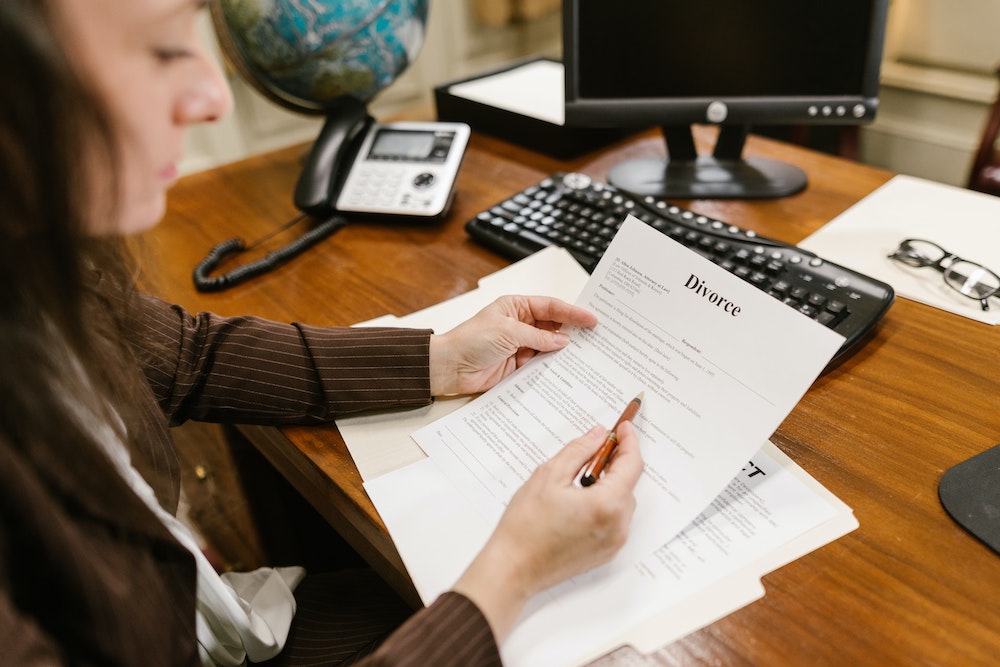Learn the best practices for invoicing for lawyers. Streamline your billing, improve cash flow, and build strong client relationships.
As a lawyer, one of the most important aspects of running a successful practice is managing your invoices. Accurate and timely invoicing can help you maintain healthy cash flow, build strong client relationships, and ensure that you get paid for your services in a timely manner. In this article, we will discuss some best practices for invoicing for lawyers.
Understanding the Importance of Invoicing for Lawyers
Invoicing is a critical component of managing a law practice. Invoicing ensures that clients are aware of the services they received and the associated costs. Accurate and timely invoicing helps lawyers manage their cash flow, and it can also provide a detailed record of services rendered and costs incurred in case there are any disputes in the future.
Unfortunately, invoicing can also be one of the most time-consuming and frustrating aspects of running a law practice. Many lawyers find themselves spending hours each month preparing invoices and following up with clients for payment. However, with the right tools and processes in place, invoicing can be streamlined and efficient, allowing you to focus on serving your clients and growing your practice.
Best Practices for Invoicing for Lawyers
Here are some best practices for invoicing for lawyers:
Establish a Clear Billing System
It’s essential to establish a clear billing system that outlines how and when you will invoice clients. This includes deciding on the format of your invoices, the frequency of invoicing, and the payment terms. You may want to consider offering clients multiple payment options, such as online payments or automatic debit.
Your billing system should also outline your rates and any discounts or promotions you offer. This information should be communicated to clients in writing and reviewed with them at the beginning of the engagement.
Invoicing for Lawyers: Use Software
Invoicing software can be a game-changer for lawyers who want to streamline their invoicing processes. These tools allow you to automate your invoicing, track time spent on client matters, and send reminders for outstanding payments.
There are many different invoicing software options available, so it’s essential to choose one that meets your specific needs. Some popular options for lawyers include Clio, MyCase, and TimeSolv.
Clearly Identify the Services Provided
Your invoices should clearly identify the services provided and any expenses incurred. This helps clients understand the value they are receiving and can prevent misunderstandings or disputes down the line.
Be sure to itemize all services provided, including the date and time spent on each matter. This information can be tracked in your invoicing software or through a time-tracking app like Toggl.
Use Standardized Billing Codes
Standardized billing codes can help ensure consistency and accuracy in your invoicing. These codes can be used to categorize your services and expenses and provide a clear breakdown of costs for clients.
The American Bar Association provides a set of billing codes for legal services that can be used by lawyers across the country. Other organizations, such as the International Legal Technology Association (ILTA), also provide billing code sets for legal technology services.
Communicate Clearly and Promptly
Effective communication is critical to successful invoicing. Lawyers should communicate clearly and promptly with clients about their invoicing policies and any outstanding payments.
This includes sending invoices promptly after services are rendered and following up with clients who have not paid on time. It’s essential to be professional and respectful in all communication with clients, even when discussing payment issues.

As a lawyer, one of the most important aspects of running a successful practice is managing your invoices. Accurate and timely invoicing can help you maintain healthy cash flow, build strong client relationships, and ensure that you get paid for your services in a timely manner.
Track Your Time
Accurate time tracking is critical to effective invoicing. Lawyers should track their time spent on client matters in real-time to ensure that all billable hours are captured.
There are many time-tracking apps available that can help lawyers track their time, including Toggl, Harvest, and Timely. These tools can also integrate with invoicing software, allowing for seamless integration between time tracking and invoicing.
Offer Incentives for Early Payment
Offering incentives for early payment can be an effective way to encourage clients to pay their invoices on time. This can include offering a small discount for payment within a certain timeframe or providing other incentives such as free consultations or other value-added services.
When offering incentives, it’s essential to ensure that they are communicated clearly and in writing. This can help prevent misunderstandings and disputes down the line.
Follow Up on Outstanding Invoices
Despite your best efforts, some clients may still fall behind on their payments. When this happens, it’s essential to follow up promptly and professionally to ensure that outstanding invoices are paid.
This may include sending reminders, making phone calls, or even engaging a collections agency. It’s essential to maintain professionalism throughout the process, even when dealing with difficult clients.
Review Your Invoicing Processes Regularly
Finally, it’s essential to review your invoicing processes regularly to ensure that they are effective and efficient. This includes reviewing your invoicing software, time-tracking tools, and billing codes to ensure that they are meeting your needs.
You may also want to consider soliciting feedback from clients to understand their experience with your invoicing processes. This can help you identify areas for improvement and make changes to better meet their needs.
Invoicing for Lawyers Final Thoughts
Invoicing is a critical component of running a successful law practice. With the right tools and processes in place, lawyers can streamline their invoicing, improve their cash flow, and build strong client relationships.
Establishing a clear billing system, using invoicing software, identifying services provided, using standardized billing codes, communicating clearly and promptly, tracking your time, offering incentives for early payment, following up on outstanding invoices, and reviewing your invoicing processes regularly are all key best practices for invoicing for lawyers.
By following these best practices, lawyers can improve their invoicing processes, reduce the time spent on administrative tasks, and focus on serving their clients and growing their practice.
- Only Up Game: Soaring to New Heights in the World of Gaming - June 30, 2023
- Chicago: The Vibrant Metropolis of the Midwest - June 22, 2023
- Oceangate: Exploring the Depths with the Titan Expedition - June 22, 2023


